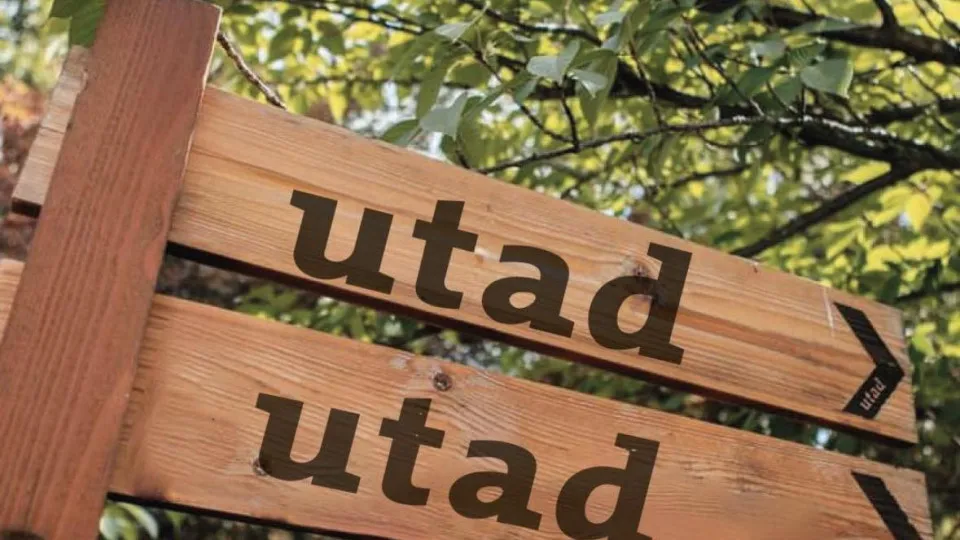
The judges of the Northern Central Administrative Court, in a ruling dated Friday obtained by Lusa today, decided to uphold the appeal filed by members of the UTAD General Council against a decision by the Administrative and Fiscal Court of Mirandela.
Following the elections for the General Council, the co-optation of external personalities in March was contested and taken to court after doubts arose regarding whether the necessary absolute majority could be obtained not by secret ballot but by a show of hands vote with the tie-breaking vote of the interim president of that body.
The council is responsible for electing the rector of the academy in Vila Real, a process that cannot proceed until the impasse is resolved.
The co-optation process was contested by 50% of the elected members who filed an electoral litigation action at the Administrative and Fiscal Court (TAF) of Mirandela, which was dismissed in its entirety, along with a preliminary injunction which was summarily rejected.
They then appealed the first-instance decision, advancing the case to the Northern Central Administrative Court.
At the heart of the process is the interim president of the General Council’s decision to apply the norms of the Code of Administrative Procedure (CPA) instead of the internal regulations of the General Council, arguing that “the regulation does not override general law,” that “it was a guiding document, not published in the Diário da República,” and that “there is no legal value in the co-optation regulation of the General Council.”
The regulation dictates secret ballot voting, while the CPA allows for a show of hands vote.
The ruling concludes that there should have been “a conduct of the co-optation procedure in accordance with the co-optation regulation” concerning the “secret ballot voting and the decision reached by an absolute majority of all elected members.”
It further notes that “given that the total number of elected members is even, the possibility of a tie or successive ties is always a possibility.”
“By determining that ‘the number of votes will be necessary and sufficient to elect seven personalities,’ meaning there will be as many as needed, it clearly seeks a broadly consensual solution, potentially or necessarily preceded by conversations and negotiations,” it adds.
The judges acknowledge the merit in the council members’ challenge to “nullify the decisions” that led “to the co-optation of six of the seven external members, in disregard of the requirement for a secret ballot and decision by an absolute majority of all elected members.”
They order UTAD to “resume the co-optation procedure in the situation as it was before the adoption of the resolution of March 19, promoting the application of the provisions in article 81, paragraph 5, point a) of the Legal Regime of Higher Education Institutions (RJIES) and article 16, paragraph 5, of the UTAD Statutes and in article 3 of the Internal Regulation of the General Council regarding the co-optation of external members.”
The UTAD rectorate has already informed that it will issue a statement on the court’s decision on Monday.
According to UTAD’s statutes, it is up to the rector to formally notify the co-opted personalities so that they can accept the appointment.
However, there have been reservations about the legality of the procedure, claiming that the election violated RJIES, the statutes, and the internal regulation of the General Council.
This body includes 25 members: 13 representatives of professors and researchers, four students, one non-teaching staff member, and seven co-opted members.




